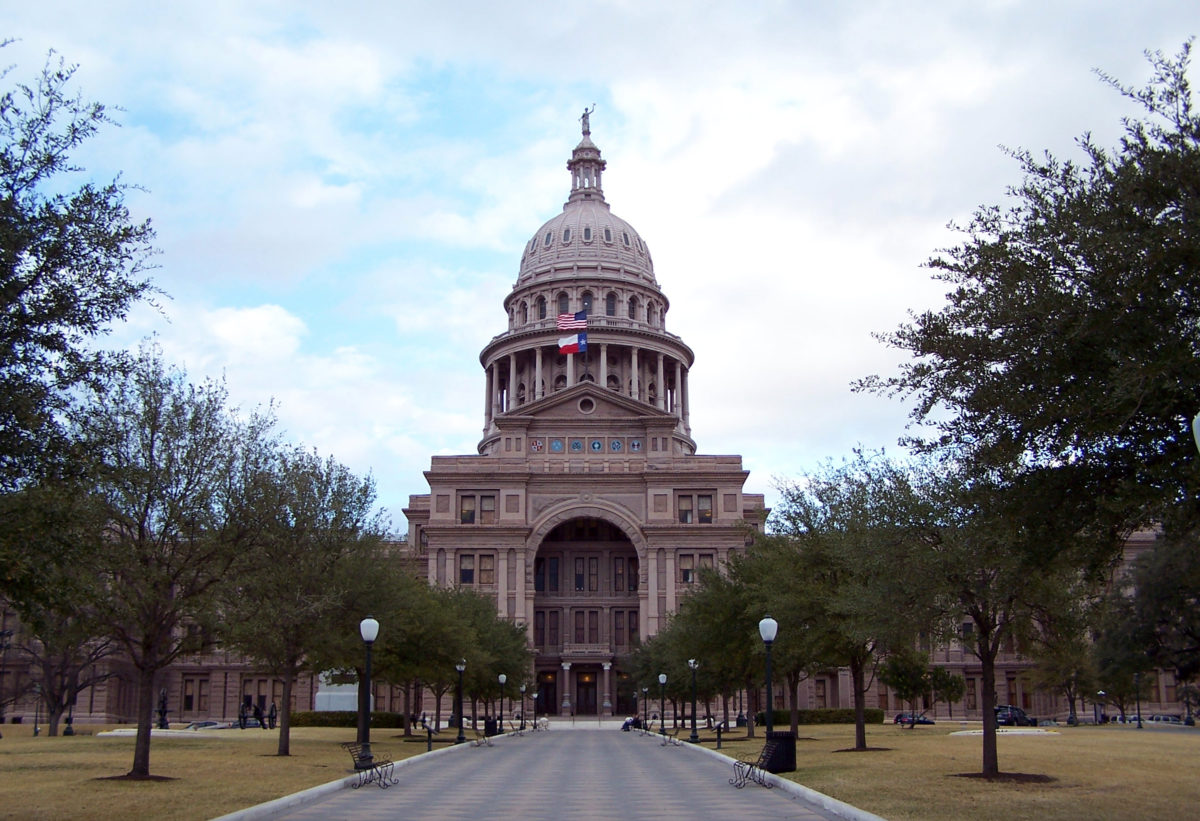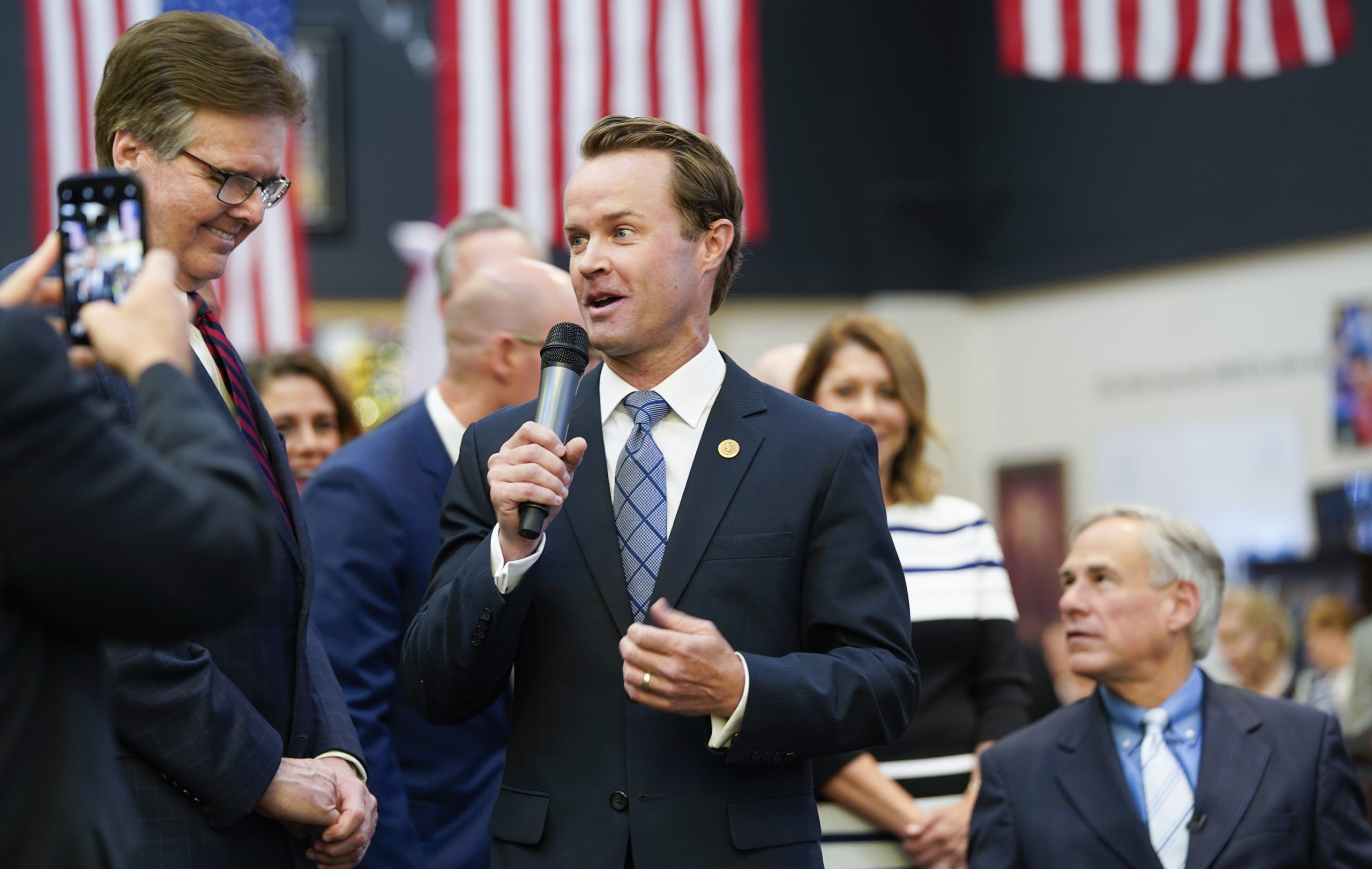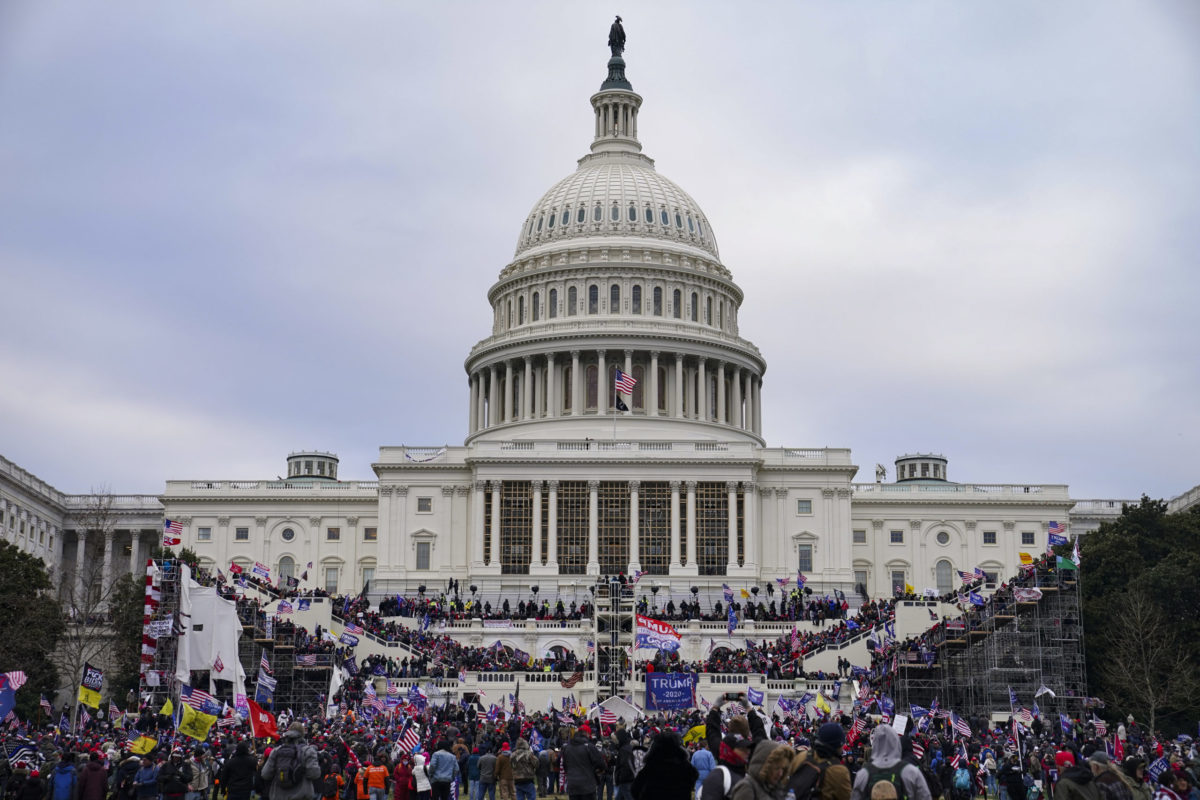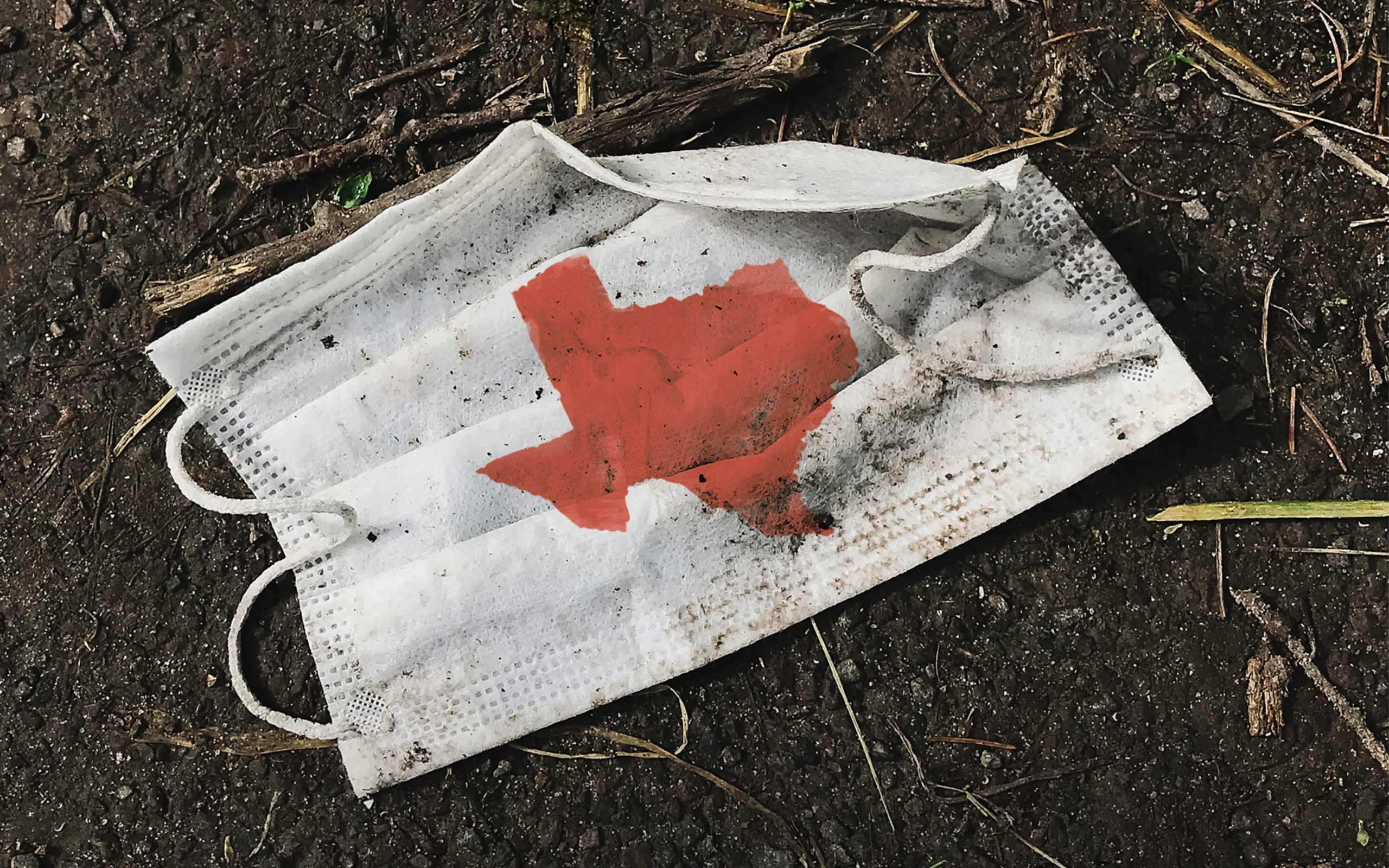
The Lege This Week: Texas Lawmakers Tackle the Budget
From budget cuts to ending Confederate Heroes Day, get caught up on what happened in the Texas lege the week of January 18.

Welcome to the 87th Legislative Session. Since the last session came to a close in June 2019, Texas has been hit by an unrestrained pandemic and a crippling economic crisis. Now, under unprecedented circumstances, lawmakers are faced with a number of urgent challenges. The Texas Observer is following along every step of the way. This is the first of our weekly dispatches from the state Capitol.
What We’re Following: The Budget
First up is the passage of a state budget for the next biennium: 2022-23. In addition to redistricting, which lawmakers will have to handle this session, it’s the only constitutionally required legislation.
As the pandemic wreaked havoc on the economy, lawmakers braced for the possibility of draconian budget cuts. But State Comptroller Glenn Hegar quelled those fears last week when his new revenue estimate projected that—thanks to unexpectedly strong consumer spending—legislators would only need to fill a $1 billion shortfall in the current budget term and that revenue for the next two years was expected to be just slightly lower than the previous biennium. In short, the dark fiscal shadow hanging over the state Capitol is much less severe than anticipated. Yet, Hegar warned that the future was “clouded with uncertainty” and that lawmakers would still “have to make some tough budget decisions.”
On Thursday, House and Senate budget-writers made their first pass as they released their respective “base budgets.” These are merely starting points for the back-and-forth that will ensue, and there’s still plenty of fineprint to go over. But make no mistake: these are conservative budgets. Both budgets cut funding almost entirely across the board; the House version, for instance, proposes a baseline budget cut of 5 percent from the prior cycle. But the two budgets did preserve full funding of the school finance overhaul and property tax cuts that were the focal point of last session. Still, the budgets include $7.2 billion more in spending that Hegar’s revenue estimate allows for.
This raises big questions about where that money will come from. Will the state receive any more federal COVID-19 relief? Will lawmakers tap into the Rainy Day Fund? Is there any appetite for new revenue streams—for example, gambling or legal marijuana—or for closing lucrative tax loopholes? Or will conservative lawmakers push for even deeper cuts yet?
What We’re Reading

Texas cities that ‘defund’ police could lose tax revenue under Gov. Abbott’s plan
As part of his #BacktheBlue political crusade, Abbott unveiled his plan to punish cities that cut their police department budgets by withholding tax revenue. “We must make it fiscally impossible for cities to defund police,” Abbott said. / Dallas Morning News
Vaccine fast-track: Texas lawmakers get offer to skip the line for COVID-19 inoculation
The head of Austin’s public health authority asked a local hospital system to provide state lawmakers and staff with coronavirus vaccines, regardless of their eligibility. / Dallas Morning News
Upheaval at the Capitol for Valley Senators
In a surprising shakeup last week, Lieutenant Governor Dan Patrick removed two of the RGV’s state senators from their influential committee posts. / The Monitor

For years, a handful of Texas lawmakers have tried in vain to pass legislation that would remove or replace the holiday celebrating leaders of the Confederate army. But they say this year feels different / Texas Tribune
Voting groups warn Texas lawmakers aren’t making it easy for people who want a say in redistricting
Voting groups say redistricting plans the Texas Senate laid out in a resolution passed last week do not reasonably accommodate public input. / KUT
Toxic substance or water supply? Lawmakers to weigh whether wastewater from oil fields could replenish the state’s aquifers.
A recent EPA decision will allow Texas to regulate water discharges from oil drilling operations. Some lawmakers see a future water supply for the state in the decision, while environmental groups — and some scientists — warn it could be risky.
Texas Senate Republicans keep ability to block bills out of Dems’ reach
With Dan Patrick’s bare-knuckled push to lower the vote threshold for bills to reach the floor, he washed away three years of victories at the ballot box by Democrats in the Texas Senate. / Houston Chronicle
All Hat, No Cattle
The Texas Legislature is known for its outlandish members, ludicrous antics, and right-wing flare-ups. Here’s your weekly dose.
State Rep. Kyle Biedermann, a right-wing Republican from Fredericksburg, has promised to file legislation that would allow Texas voters to “reassert its status as an independent nation” through a legally dubious “Texit” referendum. In a tweet last month when he first proposed the bill, Biedermann lamented that “the federal government is out of control and doesn’t represent the values of Texans.”
The federal government is out of control & doesn’t represent the values of Texans. That is why I am committing to file legislation that will allow a referendum to give Texans a vote for the State of Texas to reassert its status as an independent nation. #Texit #txlege
— Kyle Biedermann (@KyleBiedermann) December 8, 2020
His stunt has provoked new backlash in the wake of the violent riots at the Capitol on January 6. Plano state Representative Jeff Leach, who was formerly in the Texas Freedom Caucus with Biedermann, condemned the Texit bill on Sunday, calling it the “most anti-American” bill he’s seen in the Legislature and “the very definition of seditious.”
Biedermann attended the “Stop the Steal” protest in Washington on January 6, saying that Trump supporters merely wanted “our voices heard” and that the violence was limited to “a few radicals” who “caused the trouble.”
Biedermann has yet to file the legislation.


